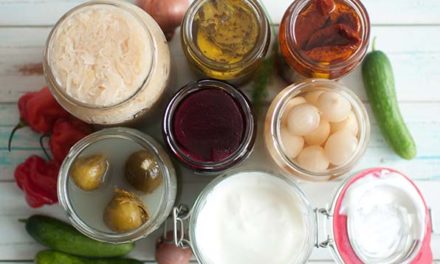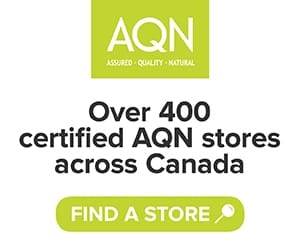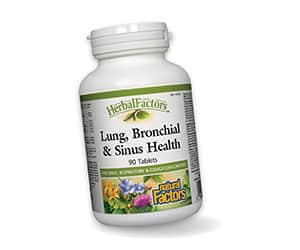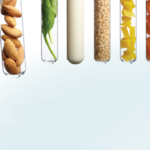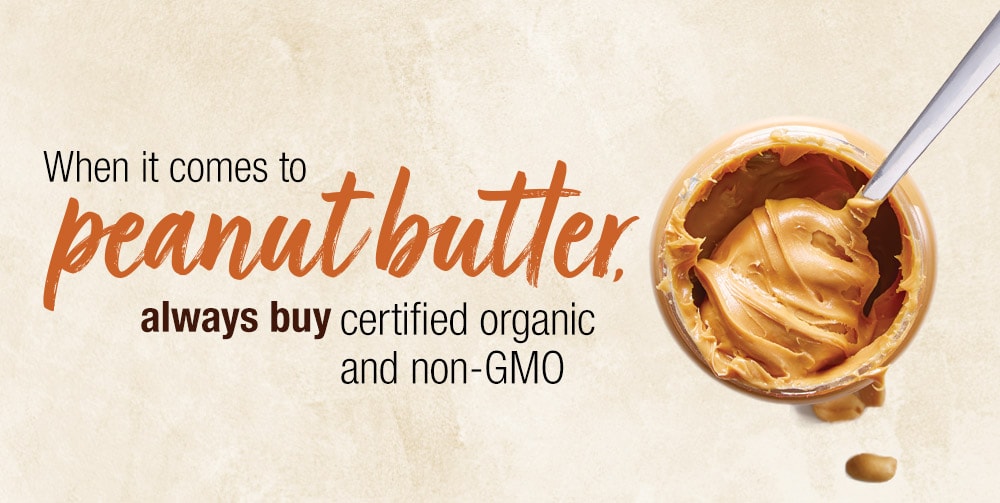
Ah, peanut butter, always a lunch-time hit, especially with kids. And, why shouldn't it be? Well, besides the allergens to which some people are dangerously sensitive, there are additives and pesticides in peanut butter – and those are just two big reasons we ought to be looking closely at the spreads we buy.
Peanuts are grown underground, often in the same fields where heavily sprayed cotton crops are rotated. This means the legumes can become GMO-contaminated via the cotton plants. Peanut skins are also soft before they’re roasted, allowing not only pesticides (including glyphosate) to seep in, but also molds and fungi (which can be sources of aflatoxins). After harvest, non-moldy peanuts are sold whole. Moldy nuts – which have been chemically treated to remove the molds and fungi – become peanut butter.
Then there’s the fact that peanut butter is a heavily processed food. In addition to salt, commercially available peanut butter often contains sugar or molasses as well as partially or fully hydrogenated oils.
None of us need more sugar in our diet, to be sure, and trans fats are known contributors to heart disease.
Consider almond and other butters from nuts that grow above ground.
So, what’s a peanut butter lover to do? If your first thought is to “grind my own at the grocery store,” be aware that tests have found some of the highest levels of aflatoxins in freshly ground peanut butter! But don’t give up your nutty treat – just consider when you buy – it’s always certified, non-GMO verified organic, and additive free. Or, consider almond and other butters from nuts that grow above ground. Almond butter contains more nutrients, healthier fats, more iron, and it is a good source of calcium. To all of that, we say yum!


